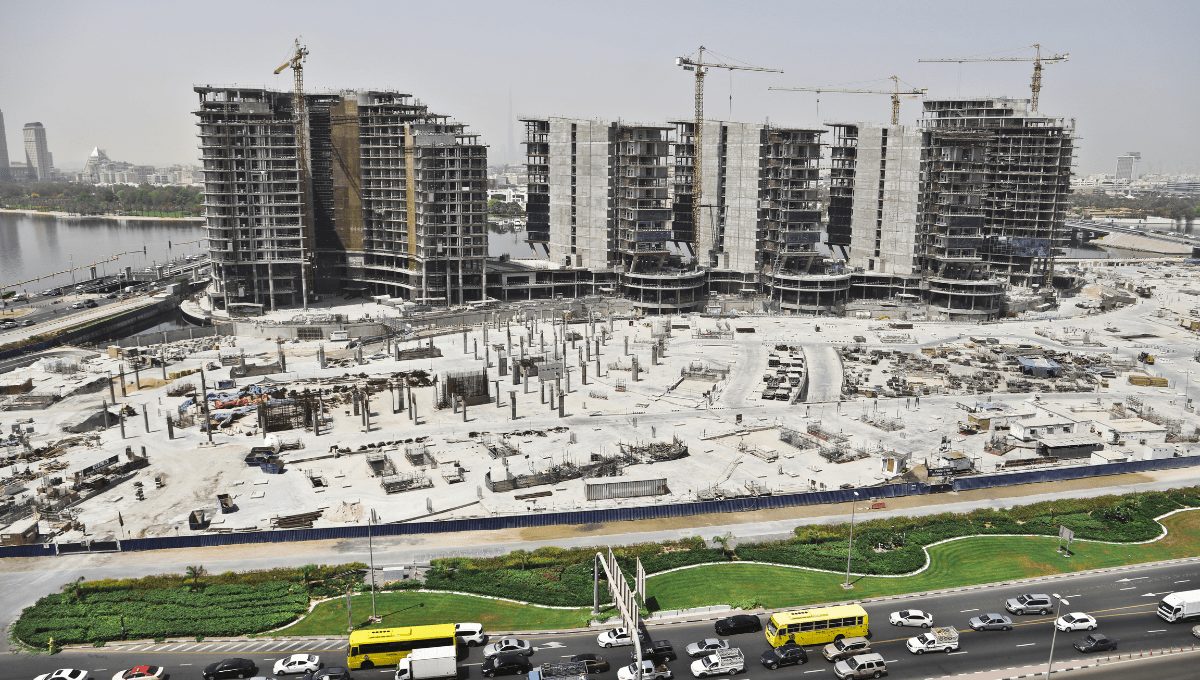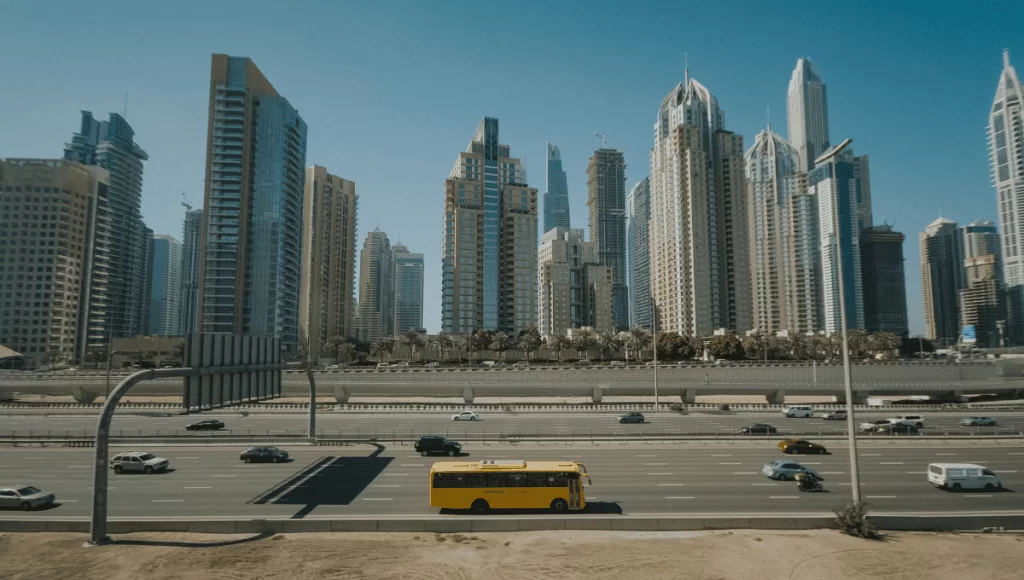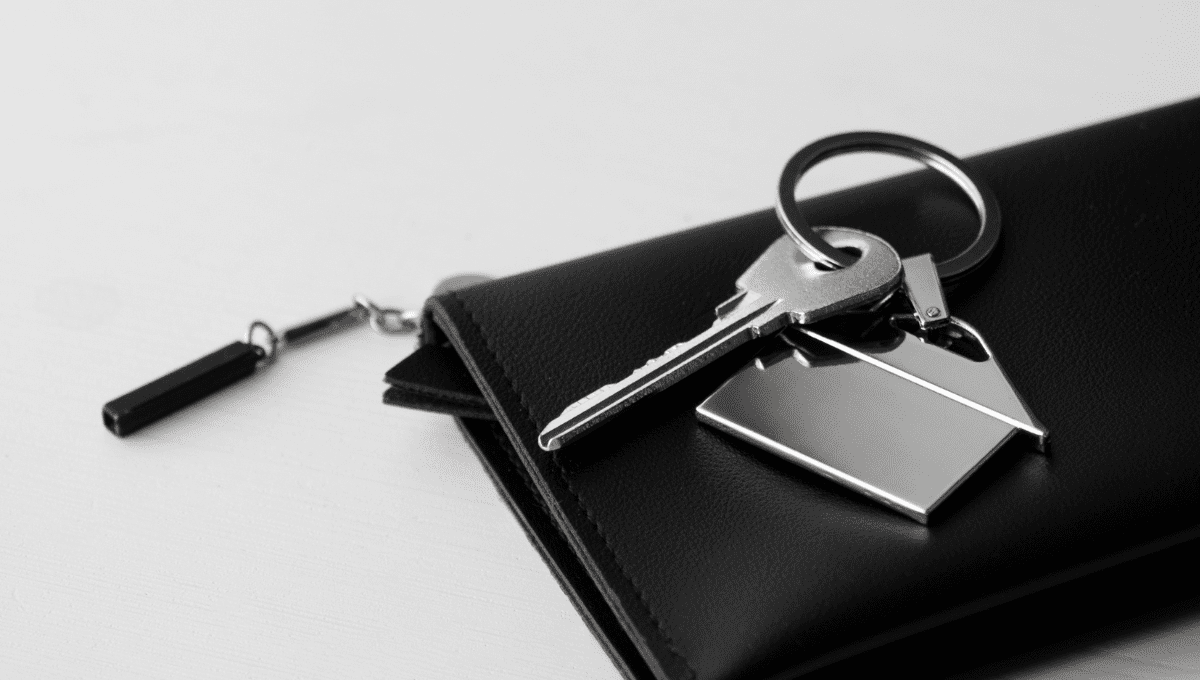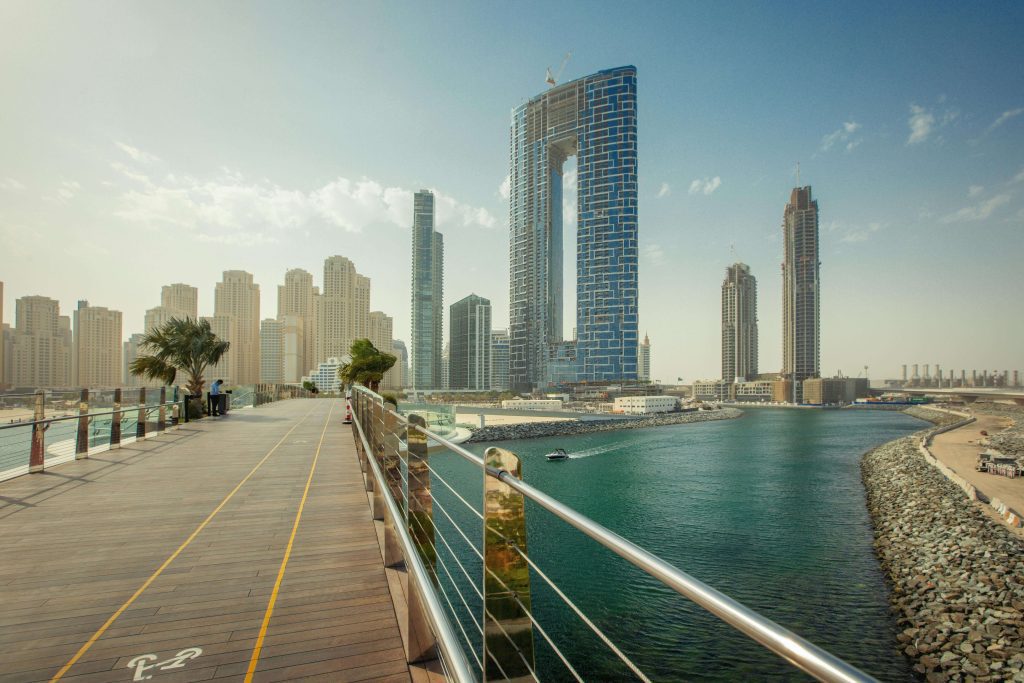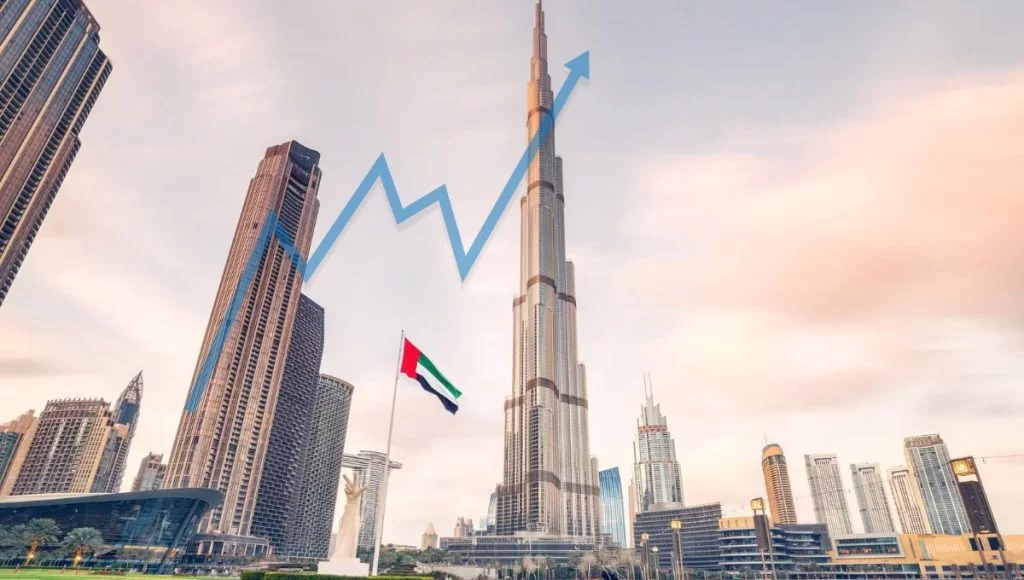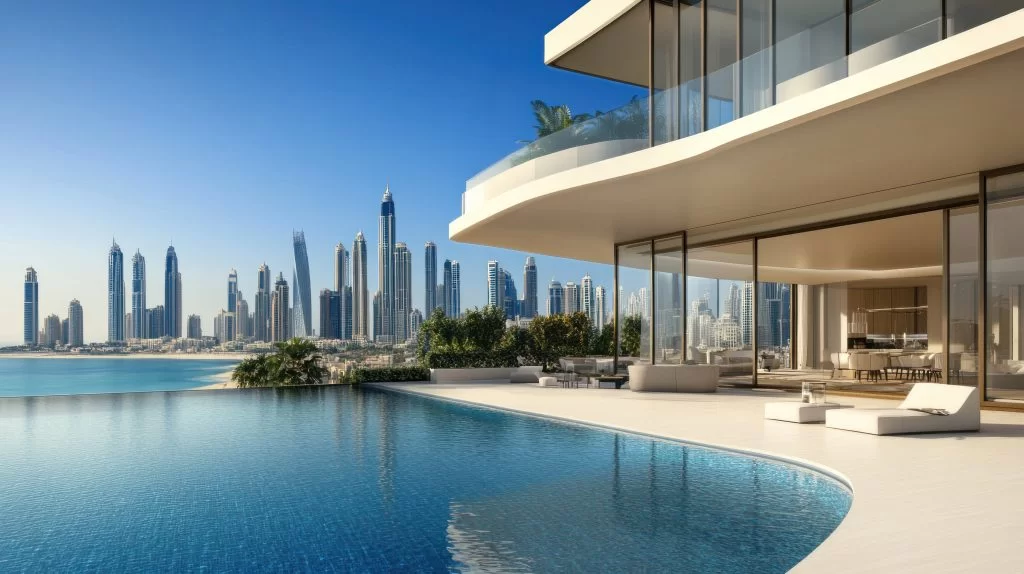Did you know Dubai attracted 110,000 new investors to its real estate sector with a 55% increase compared to 2024? That’s right! Dubai’s luxurious residential market is a magnet for foreign investors, making it one of the top-performing real estate hotspots worldwide.
But who is buying property in Dubai, and which countries are making an impact in Dubai’s real estate market? Let’s explore these questions in this article.
Why Are People Investing in Dubai Real Estate Now?
Buying property in Dubai has benefits beyond ownership. Not only are you eligible for golden visas and investor privileges, but you also become part of an economy that continues to grow. For homeowners, Dubai provides the best living experience, and for foreign investors, it’s easy money from higher rental yields.

So, for Dubai real estate buyers, the market offers abundant opportunities for passive income and long-term ROI, making it a top investment option for buyers worldwide.
Where Are Dubai’s Property Buyers Coming From? (Top Buyer Nationalities)
For new foreign investors, the rise of ultra-luxury properties and recent development projects has been very compelling. But who are these top investors, and where are they coming from? Let’s analyse below:

United Kingdom
The Dubai property market has been highly favoured by British investors. While the UK imposes strict regulations on property ownership and stamp duty land tax, the UAE property market is comparatively more attractive and economically friendly. As a result, the most preferred investment areas for British investors include Jumeirah Golf Estates, Arabian Ranches, Dubai Marina, Jumeirah Village Circle (JVC), The Springs, Green Community, Palm Jumeirah, Downtown Dubai, Town Square, Dubai Hills Estate, and DAMAC Hills.
India
Due to the nation’s strict tax regulations, Dubai’s lack of income tax, property tax, and capital gains tax is very appealing to Indian buyers. Also, in India, the ownership of agricultural land, plantation areas, and farmhouse properties are quite restricted and come with its own set of stringent regulations. In the UAE, Indian investors are seeking affordable yet long-term beneficial opportunities in areas such as Jumeirah Village Circle (JVC), Business Bay, and Dubai Hills Estate.
China
Neighbourhoods like Dubai South, Meydan, and Downtown Dubai have attracted a surge of investment thanks to investors from China. For China, foreign investment in Dubai has been quite helpful over the recent years. This is mainly because of a shift in their financial decisions while China itself is experiencing a sharp increase in prices and slowly recovering from the effects of COVID-19. Additionally, the Belt and Road Initiative has further boosted global infrastructure and investment opportunities.
Russia
You won’t believe this, but many of the Dubai property investors are also Russian investors. Thanks to the UAE’s friendly ties with Russia in collaborative efforts for energy, technology, infrastructure, and agricultural investments, the economy is quite open to Russians who are looking to escape the tax burden and dread of political instability. On the contrary, Dubai offers financial security and excellent investment opportunities for Russian investors. The most preferred areas for these investors are Palm Jumeirah, Jumeirah Bay Island, and Emirates Hills, all of which are primarily waterfront communities.
Pakistan
Dubai’s real estate market has been quite beneficial for Pakistani investors. As Pakistan’s stringent rules and multiple taxes overrule, Dubai’s ROI is highly attractive among Pakistani property buyers. As a result, areas like International City, Discovery Gardens, Dubai Silicon Oasis, Downtown Dubai, and Dubai Marina have seen high demand among Pakistani buyers. By investing in Dubai, they’ve not only secured profitable assets but also shielded themselves from Pakistan’s volatile currency and heavy taxes, making it a smart and rewarding move.
Saudi Arabia
Dubai is favoured among GCC countries, and Saudi Arabia is no exception. It is the next leading economy in terms of technology and development. While properties in Saudi Arabia come with a 5% value-added tax (VAT) on property transactions and other additional fees, Dubai is comparatively more advantageous for Saudi investors. Recently, the most prominent investments made by Saudi buyers have been in areas including Arabian Ranches, Emirates Hills, and Palm Jumeirah.
While the investment impact of the above nations in Dubai is well known, other key nations making a significant impact on Dubai’s real estate investment include Turkey, Iran, Lebanon, South Africa, and Egypt.
Where Are the Best Places to Buy Property in Dubai Now?
The best places to buy property in Dubai are where there is a good quality of life for you or those living in your properties. For higher rental yields and long-term appreciation, you should understand the pros and cons of an area, new developments, and its futuristic trends.

For more insights on the best and upcoming areas with higher potential returns, you can visit our latest blog to guide you to your best decision.
Conclusion
Dubai is where nations don’t hesitate to bring in their money for property ownership because there’s always room for profitability and promising returns.
So, if you happen to be a foreign investor looking to advance your capital income somewhere, Dubai is a great place to start. That’s why we have some of the best real estate experts at AZCO to help you get started!
So, shoot your shot for a greater investment success story with AZCO Real Estate by clicking here.
Frequently Asked Questions
Yes, foreigners can buy property in freehold areas. You will need valid documents, including a passport, proof of address and residency visa, depending on the developer or financing options.
You can get a residency visa of up to two years after purchasing a property in Dubai of at least AED 750,000. For investors purchasing property worth AED 2 million or more you will be eligible for a 10-year Golden Visa. But remember, you must visit UAE every 180 days to make sure your visa stays valid.
Yes, if you have lived in the United Arab Emirates for thirty years, you may apply for citizenship. Or, if you are married to an Emirati citizen, you may be eligible to apply for citizenship under specific conditions.

